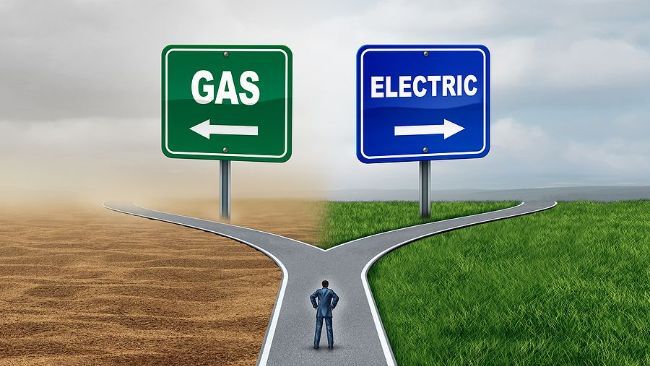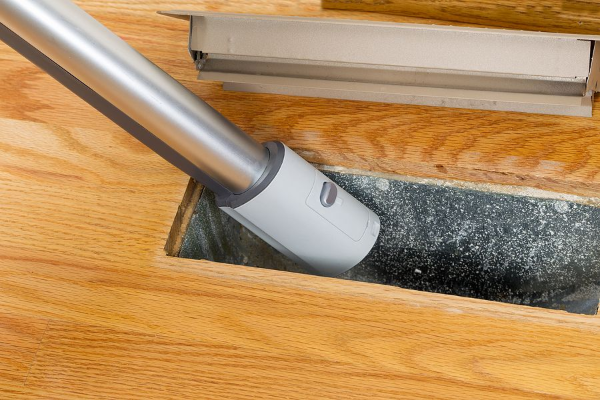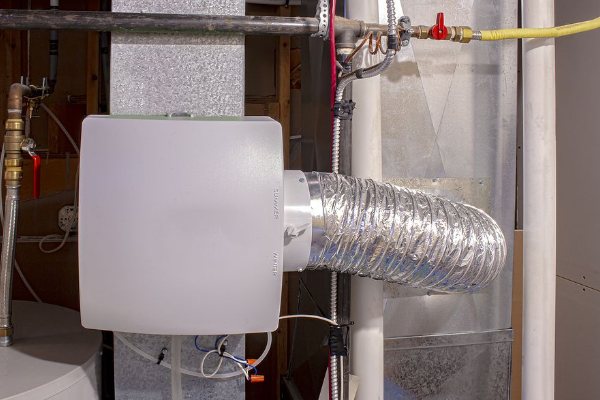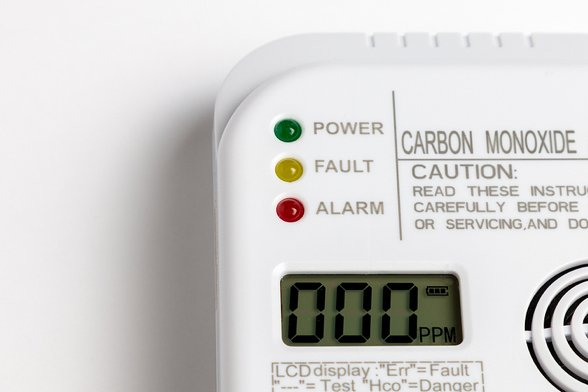An HVAC Contractor Perspective on Gas vs. Electric Furnaces
Northern California gets brisk weather in the autumn and winter. Residents often look to an HVAC contractor to keep their units functioning well when dealing with temperatures that dip into the 30s and 40s.
Homeowners may also wonder whether a gas or electric furnace is preferable to ward off the cold and keep costs down. The following is a look at the pros and cons of each system.
Considerations To Discuss With an HVAC Contractor About a Home’s Requirements
A homeowner may wish to upgrade a unit to achieve ideal comfort. Multiple systems and components work together to regulate a building’s internal climate, so a person needs to take time and deliberate over all variables before settling on a new unit. Installing the system is a delicate science that requires the assistance of a professional HVAC contractor.
Someone looking to invest in a new system needs to review any issues with the current unit and understand the source of any problems before deciding that more power is the resolution. The homeowner should ask:
- Are there blockages?
- What are the zoning capabilities of the existing unit?
- Are some rooms always cold and others constantly stuffy?
Consider the home size, number of occupants, availability of gas, budget, and power requirements. Reviewing power bills over the previous year can also be enlightening and help with the decision of a furnace installation.
Advantages of Electric Heating
Electricity is a common choice for most homes and offers many benefits. The installation of the unit often costs the least. The lower cost is because external elements, such as ventilation or a gas line, are not necessary to connect. An electric furnace could be as much as half or even a quarter of the price of a gas system.
Surprisingly, the lower cost of installation does not mean additional maintenance. An HVAC contractor deals with fewer components, making upkeep less complicated. Electricity does not dirty up a machine like gas, meaning cleaning the furnace is less intricate.
Electric furnaces also run quieter, a standard distinction when comparing gas to electric power. Electric units also tend to be safer because no fuel lines mean less flammability, and no noxious gases will leak. By relying on a cleaner energy source, electric furnaces often have a longer lifespan than gas ones.
Disadvantages of Electric Heating
For all of the discussion of electricity being a cleaner fuel source than gas, the system will be less efficient. Electricity takes longer to create heat, meaning a home is slower to warm up, and the system must work longer and harder.
When the weather gets very cold, an electric heater may not be as reliable because it uses a more complex process of bringing in outside air and converting it to the desired temperature. If fans clog or components freeze, the electric furnace could cease to function, requiring an emergency call to the HVAC contractor.
The trade-off for low-cost maintenance and installation usually comes through higher power bills. Electricity costs more than gas, so an energy bill will typically be steeper with an electric furnace.
Advantages of Gas Heating
The disadvantages of electric furnaces highlight where a gas furnace shines. Gas heats the air faster than electricity. Instead of relying on a heat exchanger, the burning fuel immediately generates hot air, rapidly creating a higher temperature.
Gas furnaces are usually more reliable than electric ones in cold climates. A more straightforward process for creating heat means that gas furnaces tend to work well no matter the weather and do not strain when temperatures drop unusually low or even below freezing. Also, gas is often cheaper to run than electric, saving a property owner on monthly energy bills.
Disadvantages of Gas Heating
Gas systems have inherent environmental and safety concerns because of emissions. The carbon monoxide byproduct can be hazardous or fatal. Regular maintenance by an HVAC contractor is a must to ensure the system runs clean and safely. The gas line and ventilation ducts should receive an inspection every few months.
Gas furnaces also cost more upfront for installation. The process of creating heat is simpler, but the system of connections involves more elements and must be airtight for efficiency and safety. A gas furnace might cost twice as much as an electric furnace. The necessary ductwork also takes up substantial space, and if installation of the ductwork is necessary, this can be another sizable expense.
Gas furnaces require extra exhaust fans, making such units noisier than electric furnaces. If silence is a requirement for a location, a gas furnace may not be the ideal option.
HVAC Contractor Assistance for Making a Decision
This overview considered a few points about how gas and electric furnaces compare. Still, homeowners must review their individual needs with the help of an HVAC contractor to make the best decision for their dwellings. For assistance deciding on the right furnace for you,
contact the experts at Next Level HVAC.








